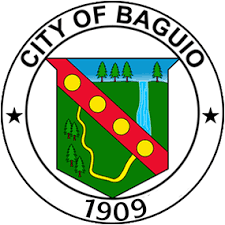
Baguio City is planning to put up a waste-to-energy plant to deal with its increasing biodegradeable waste.
City Administrator Bonifacio dela Peña said the plant is envisioned to lessen the current garbage disposal problems being experienced in Baguio.
He bared that the proposed energy plant will be able to generate at least 3.4 megawatts of renewable energy based on the prevailing daily volume of biodegradable waste coming from city’s households.
A team of Baguio technical personnel and local legislators led by dela Pena recently visited Japan to conduct an ocular inspection and find out if such a waste to energy plant will be appropriate.
In a briefing with Mayor Benjamin B. Magalong and the City Advisory Council, dela Peña stressed that the bio-mass waste to energy plant is environment friendly and does not produce hazardous discharge as opposed to the perception of some environmentalists.
Dela Peña noted that the local government is awaiting updated results of the ongoing Waste Analysis and Characterization Study (WACS) to establish the plant capacity as it will be customized to the volume of biodegradable waste produced by the city that requires conversion.
Since results from WACS are expected to be completed by April 2020 yet, local officials are clamoring to make the results available by the end of November to enable them to start working on the proposed plant’s “technical description”.
He pointed out that the plant construction will be undertaken on a government to government capacity with the ttate-owned Philippine National Oil Company (PNOC) serving as Baguio’s “conduit”.
Dela Peña explained that the power that will be produced by the plant will be sold to the Benguet Electric Cooperative (BENECO) which will then be fused with the current power supply coming from power generators. (Jojo Mangahis)